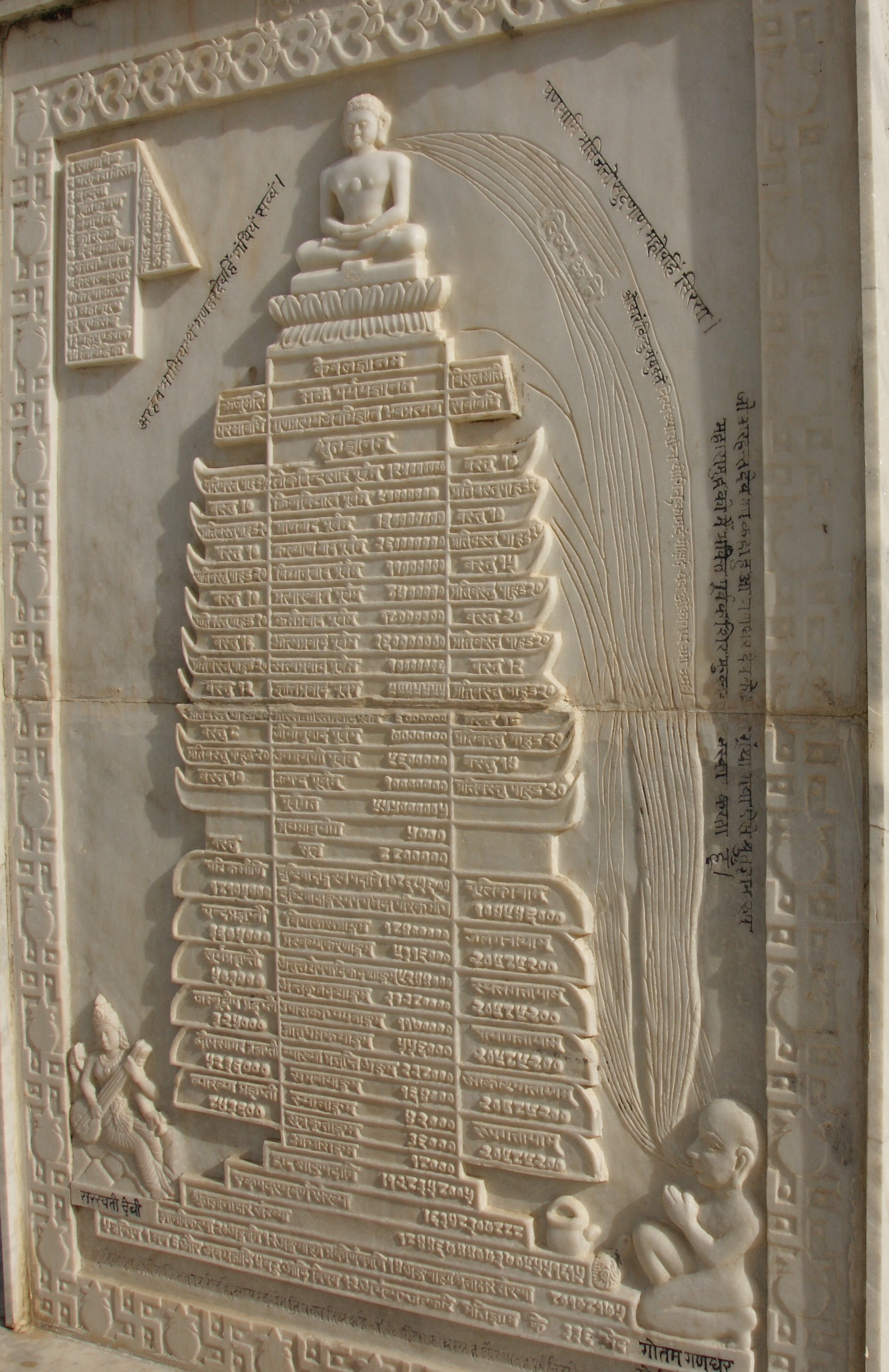|
Tattvarthsutra
''Tattvārthasūtra'', meaning "On the Nature '' ''artha">nowiki/>''artha''.html" ;"title="artha.html" ;"title="nowiki/>''artha">nowiki/>''artha''">artha.html" ;"title="nowiki/>''artha">nowiki/>''artha''of Reality [''tattva'']" (also known as ''Tattvarth-adhigama-sutra'' or ''Moksha-shastra'') is an ancient Jain text written by ''Acharya (Jainism), Acharya'' Umaswami in Sanskrit, sometime between the 2nd- and 5th-century CE. The ''Tattvārthasūtra'' is regarded as one of the earliest, most authoritative texts in Jainism. It is accepted as authoritative in both its major sub-traditions – ''Digambara'' and ''Śvētāmbara'' – as well as the minor sub-traditions. It is a philosophical text, and its importance in Jainism is comparable with that of the ''Brahma Sutras'' and ''Yoga Sutras of Patanjali'' in Hinduism. In an aphoristic sutra style of ancient Indian texts, it presents the complete Jainism philosophy in 350 sutras over 10 chapters. The text has attracted numerous ... [...More Info...] [...Related Items...] OR: [Wikipedia] [Google] [Baidu] |
Jain Text
Jain literature (Sanskrit: जैन साहित्य) refers to the literature of the Jain religion. It is a vast and ancient literary tradition, which was initially transmitted orally. The oldest surviving material is contained in the canonical ''Jain Agamas,'' which are written in Ardhamagadhi, a Prakrit ( Middle-Indo Aryan) language. Various commentaries were written on these canonical texts by later Jain monks. Later works were also written in other languages, like Sanskrit and Maharashtri Prakrit. Jain literature is primarily divided between the canons of the ''Digambara'' and ''Śvētāmbara'' orders. These two main sects of Jainism do not always agree on which texts should be considered authoritative. More recent Jain literature has also been written in other languages, like Marathi, Tamil, Rajasthani, Dhundari, Marwari, Hindi, Gujarati, Kannada, Malayalam and more recently in English. Beliefs The Jain tradition believes that their religion is eternal, and the ... [...More Info...] [...Related Items...] OR: [Wikipedia] [Google] [Baidu] |

